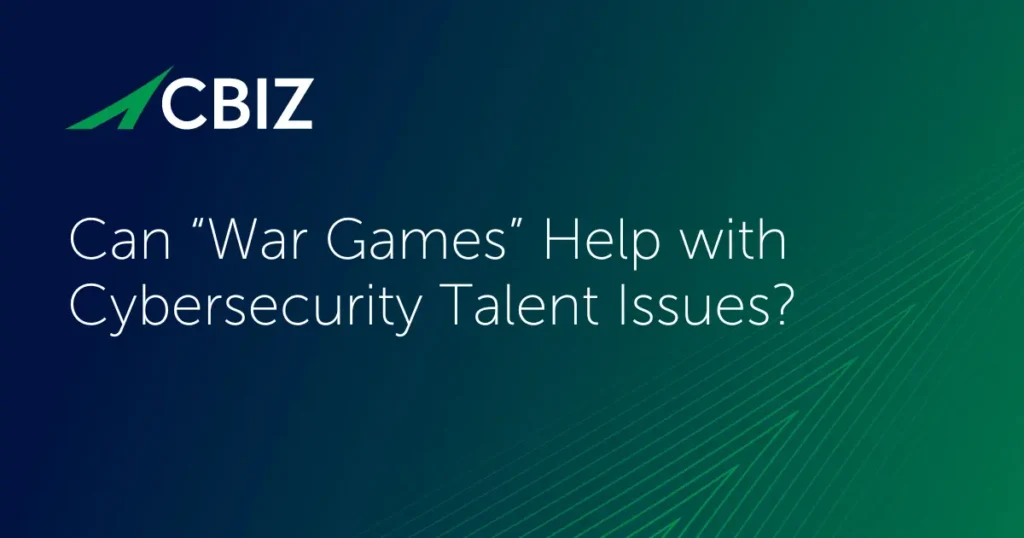Last Updated on January 29, 2025
The “failure is not an option” mindset and attitude are prominent in business circles. The generic connotation of the phrase is that those responsible are absolutely committed to success come what may and will persevere until they find a way to prevail.
But when I hear that phrase in business continuity and recovery planning circles I wonder: what does that really mean? And what are the implications?
Disasters and disruptions happen when you least expect them, and rain down unanticipated consequences one after another. Spur-of-the-moment heroics and ad hoc ingenuity are not what you want to fall back on.
In today’s fast-paced, virtualized, mobile and interconnected business environment, every organization must have a robust plan in place to recover key systems and functions quickly when disruptions occur. Indeed, reliance on an established, well-rehearsed plan that anticipates failure scenarios is the absolute bedrock of disaster response in full-on “failure is not an option” workplaces like nuclear power plants and air traffic control towers.
Roots of the Phrase
The phrase “failure is not an option” arose in popular culture following the release of the blockbuster 1995 disaster film Apollo 13. Legendary Apollo flight director Gene Kranz (portrayed by Ed Harris) spoke the line in the movie, but not in real life.
Ironically, the “failure is not an option” mindset actually had profound negative consequences for the Apollo 13 mission. During the accident investigation an engineer disclosed that he had concerns about the systems that ultimately malfunctioned and caused the accident. But he was discouraged from raising those concerns because failure to make the launch window was “not an option.”
Risks of the Phrase
How often does this same mindset undermine recovery planning efforts and put businesses at risk? Routinely, “failure is not an option” shows itself regarding sales targets, product launches, acquisitions of either businesses or new clients, and similar goals. So, given limited resources, recovery planning is not prioritized. Or “failure is not an option” as it relates to passing an impending governance audit; but after that, the recovery plan is left to gather dust once more.
When you cut corners around recovery planning, you make catastrophic failure a very real option. Shouldn’t the inability of the business to continue be the failure possibility that trumps all others? What happens if you fail to recover your business? Your business fails! Clients abandon it, competitors outflank it, and/or unanticipated expenses and revenue losses sink it.
What happens if you eventually recover, but fail to do so to an acceptable point within an acceptable timeframe? Maybe the firm doesn’t completely go under or manages to remain in business for some time afterwards. But you may well lose clients, delay projects and suffer significant reputational as well as financial damage that can alter your trajectory for years to come, or just prolong corporate death throes.
What happens if you manage to recover on plan, but fail to account for ad hoc requirements that should have altered execution of the basic plan? Say you’re a law firm and you’ve got a legal team going to court tomorrow to argue a huge case… But you have a disaster today. Did you kick in “plan B” to ensure your team had the support it needed? Or did you maybe lose that case?
Do You Have a Comprehensive Recovery Plan?
Failure has many flavors in recovery planning contexts. If you truly want failure to be a “non-option,” this is the bottom line: Do you have a comprehensive recovery plan? Have you tested it lately? Are your employees familiar with it, and confident about putting it into action?
If not, then the failure of your organization to recover from a disaster is absolutely possible, if not likely. That makes asserting around any goal or project that “failure is not an option” just tough talk.
Why? Because you never know when disaster or disruption will strike. When it does, your priorities of the moment will fall by the wayside and the life of your business will be on the line.
If you’re concerned about your current recovery capability or have questions around recovery planning, contact Pivot Point Security.



























